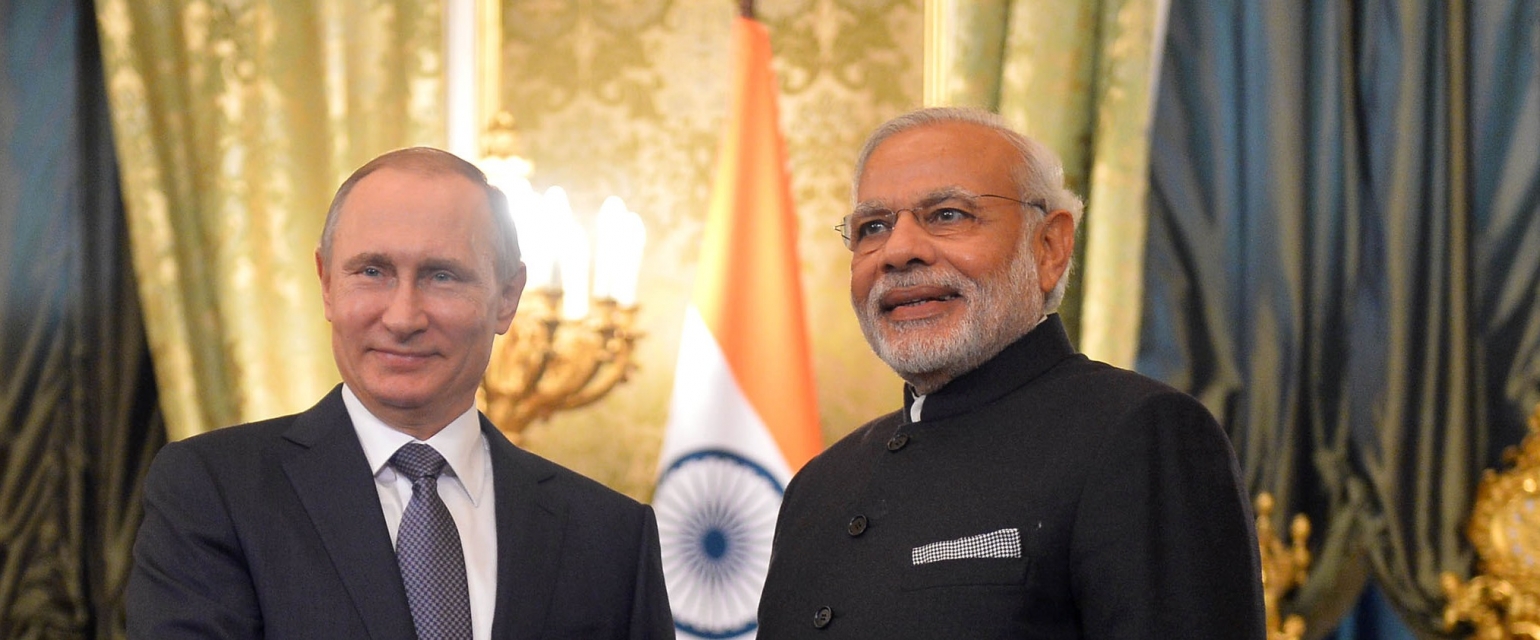

The final month of the year was not an easy one for Russian diplomacy. In December, rising tensions, combined with Russia’s willingness to respond firmly to the growing challenges of international politics, dominated the geopolitical agenda. Against this backdrop, Moscow keeps signaling its readiness to enter the negotiation process on a wide entire range of international issues, from Ukraine to Syria.
10. The question of a Russian military air base in Belarus remains open
The visit of Belarusian President Alexander Lukashenko, originally scheduled for late November, took place on Dec. 14-15. Lukashenko needs at least $2 billion to support the Belarusian economy, but he could not get this amount from the Kremlin, although there were some signs of hope that he could get assistance.
According to the Russian ambassador in Minsk, “There is an understanding that both sides, during difficult times, are ready to lend each other a hand, including in the form of financial assistance.” For his part, Putin has not yet received consent from the Belarusian leader to place a Russian Aerospace Forces base in the Belarusian city of Bobruisk. This issue was discussed back in 2013, and not so long ago, seemed to be a done deal.
9. Trade benefits for Ukraine ended
A free trade zone will start operating between Ukraine and the EU on Jan. 1, and Ukraine’s participation in the CIS Free Trade Zone, established just three years ago, will end. In history, it has never been possible for any country to be a member of two free trade zones at once, and so it will be this time around. In addition, Russia has announced a reciprocal embargo against Ukraine on the import of food products, similar to the one that Moscow has implemented against the EU.
According to Ukrainian data, that country will lose about $600 million annually from being excluded from the Russian market. This figure is certainly underestimated. Trade between Russia and Ukraine has already decreased by 70 percent, compared to the year 2011, and in the future, volumes will continue to fall due to the ongoing recession in the Ukrainian economy. As a result of Kiev’s disastrous economic policies, Ukrainian officials are trying to justify the need to obtain new loans from the EU, the U.S. and the IMF.
8. Indian Prime Minister Narendra Modi’s visit to Moscow.
Indian Prime Minister Narendra Modi – accompanied by a large delegation of Indian politicians, experts, and business representatives – arrived in Moscow on Dec. 23. At a meeting with Vladimir Putin, Modi discussed cooperation in the military-technical and nuclear power spheres, as well as the expansion of Russian oil supplies to India.
India is preparing to carry out a large-scale rearmament program, on which it is planning to spend about $150 billion. Delhi is demonstrating the greatest interest in Russian military shipbuilding, Russian S-400 Triumph air defense systems, and cooperation in the production of fifth-generation fighter jets – the PAK FA (T-50).
Contrary to expectations, by itself, this first state visit of Indian Prime Minister to Russia has not led to major arms contracts being signed. Nevertheless, there is reason to believe that large-scale contracts in the area of military-technical cooperation between India and Russia, totaling approximately $7 billion, will be signed sometime next year.
Continue reading at Russia Direct
Summit of the Americas held on April 10–11 in Panama not only illustrated the general movement of Latin American countries towards abandoning the system of inequitable relations with the US but also outlined new trends carrying a potential threat for the regional interests of Russia
It seems to me that George Friedman’s geopolitical doctrine simplifies both the international reality and the liberal ideas of the American mainstream. Acceptance of the reality of the existing balance of powers, aspiration for preserving stability and guidance by the international law – these are the key ingredients in the realist policies recipe that the US still fail to manage.
The US media are creating an impression that no other country is more influential than Russia. The union of Russian hackers and trolls has become a real nightmare for America and has led to deep paranoia. However, Russia’s influence in the United States is a myth, and a Russian lobby does not exist. This is borne out at least by the spasmodic attempts of Russian businesspeople to knock on doors in Washington because of the threat of falling under US sanctions.
Many different projects to bring the Nagorno-Karabakh conflict out of deadlock have been proposed over the past two decades, starting from plans for a ‘territorial swap’ between Armenia and Azerbaijan, to a project to establish a ‘common state’ between Nagorno-Karabakh and the Republic of Azerbaijan. To date, the May 1994 Agreement, signed with Russian diplomacy playing the decisive role, remains in fact the only real achievement of the peace process.